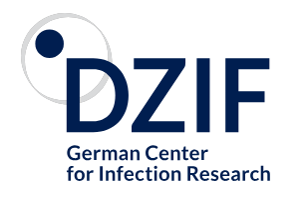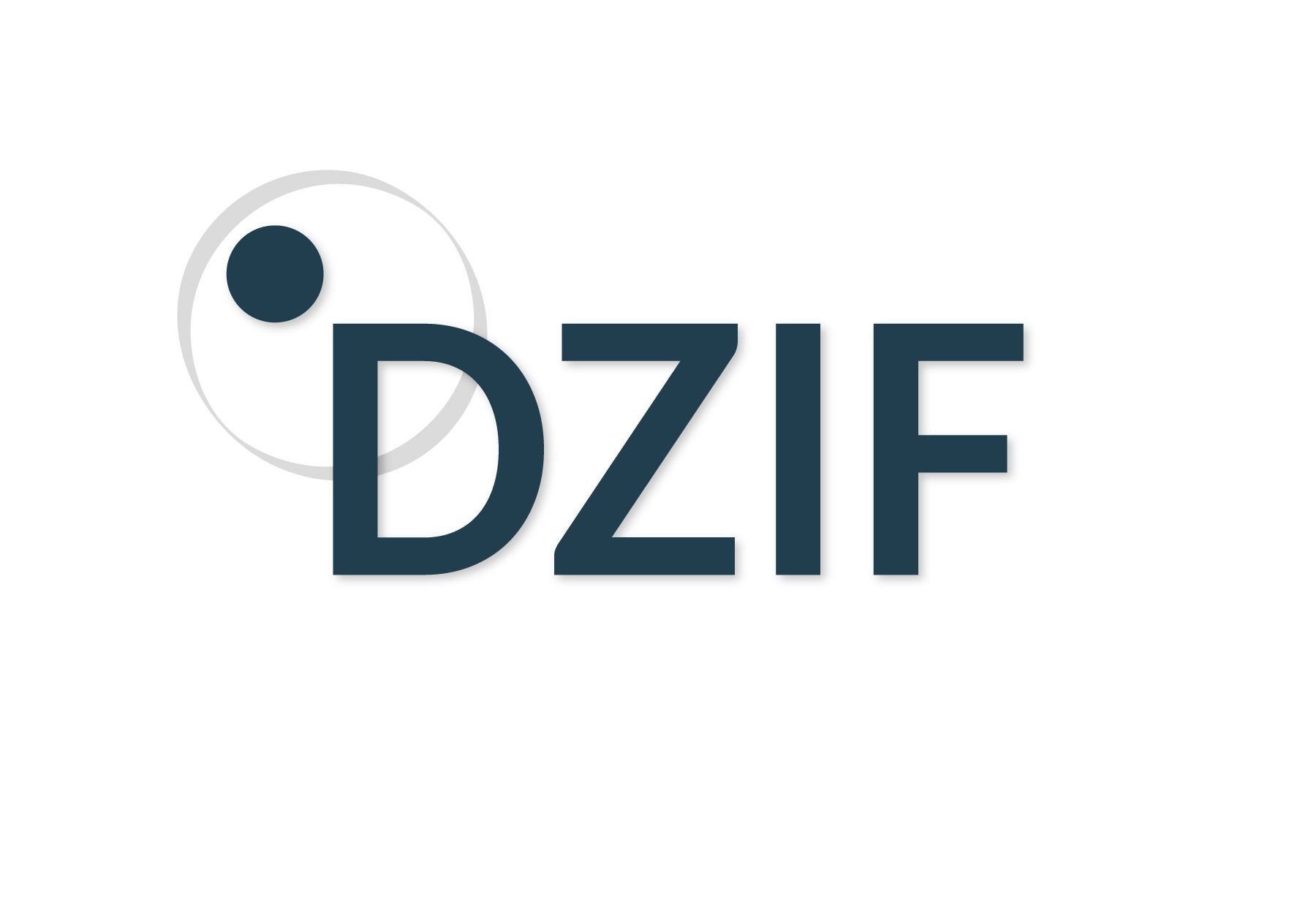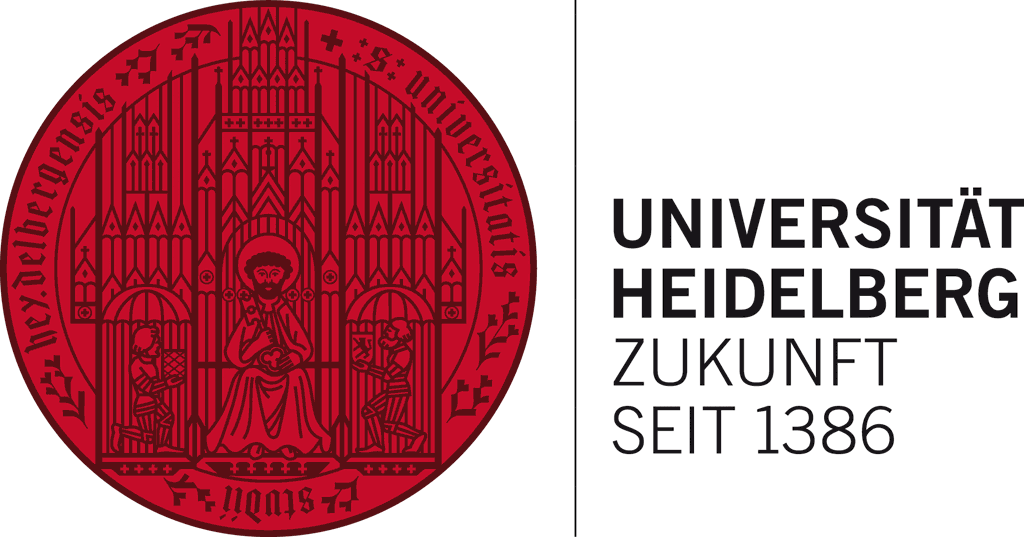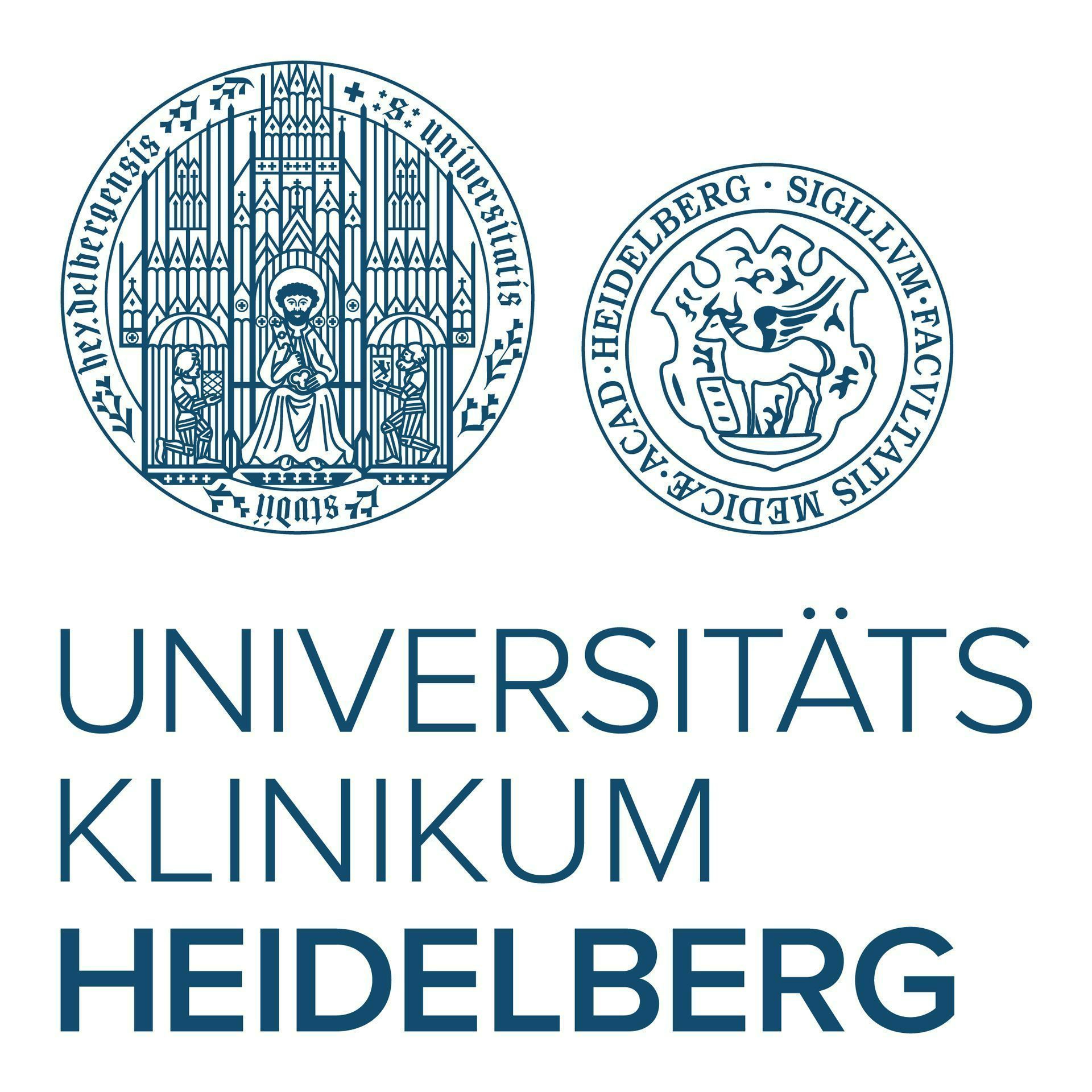TTU 07.712
"Establishment of a novel prospective and observational national transplantation cohort"
Short Summary
The DZIF transplant cohort is the first comprehensive multicenter study on infectious complications in Germany and offers the opportunity to collect, store and provide distinctive medical data and corresponding biomaterials from patients, who received a transplantation of heart, kidney, liver, pancreas or stem cells at participating centers. A detailed governance structure was established within the framework of an incorporated society including an executive committee, local and central management structures and a scientific advisory board. Data and biosamples (plasma, serum, PBMCs, DNA, RNA, urine and stool) are collected at various predefined time points under standardized protocols. A clinical monitoring structure has been established to provide standardized samples and valid data entry in the central database. Data and biomaterials are released within the framework of application procedures and after evaluation for the realization of specific study questions.
Within in this collaborative project Heidelberg has been involved from beginning of the establishment of the cohort including the scientific background and the implementation of the cohort structure with a main focus of an interdisciplinary approach. Heidelberg is actively working in the Managing Board and Scientific Executive Board with several representatives of the participating clinical departments as well as the Department of Virology and Immunology. The partner site Heidelberg plays a leading role in the patient recruitment especially in adult and pediatric kidney, pancreas and heart transplant patients. By the end of October 2022, 558 patients had been enrolled, more than 6950 blood samples and 1850 other samples were collected. 454 kidney and 19 pancreas allograft recipients were enrolled, representing about 35% and 36%, respectively, of all kidney and pancreas cohort patients. In heart transplantation (n=50) Heidelberg is the only actively recruiting site.
At the partner site Heidelberg several co-operations between the DZIF transplant cohort and other DZIF projects are ongoing, e.g. the strong co-operation with the TTU 07.822 antiviral immunity after organ transplantation (Project leader partner site Heidelberg Prof. Thomas Giese). First results on incidences of infectious events in renal transplant recipients and other interdisciplinary projects within the DZIF consortium are already published or in preparation
Highlights
- Site Heidelberg as active participant in the establishment of the DZIF transplant cohort and continuously leading partner especially in kidney and heart transplantation (Karch et al., 2021. Eur J Epidemiol 36(2):233-241)
- First description of the Incidences of infectious events and Identification of relevant pathogens in a German transplant cohort (Sommerer et al., 2022. Open Forum Infect Dis 9(7):ofac243)
- Strong co-operation with other DZIF partners in translational project is established and ongoing, e.g. with the TTU 07.822 „Impact of anti-viral immunity in solid organ transplantation: Mechanisms of host infection control in immune-suppressed and infection-prone individuals“ (Sommerer et al., 2021. Vaccines 9(2):133)
DZIF Partner Site Heidelberg


Contact Info
Phone: ( 49) 6221 - 56 310787
dzif.heidelberg@med.uni-heidelberg.de
Department of Infectious Diseases
In Neuenheimer Feld 344
69120 Heidelberg, Germany






